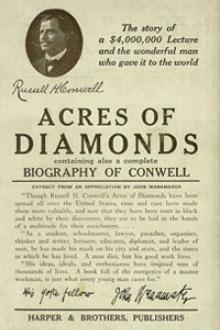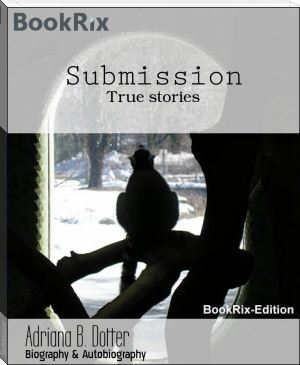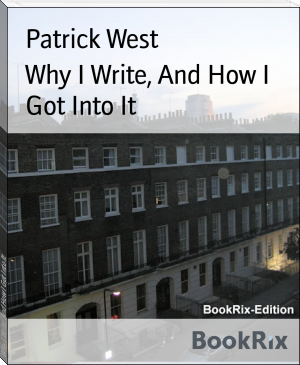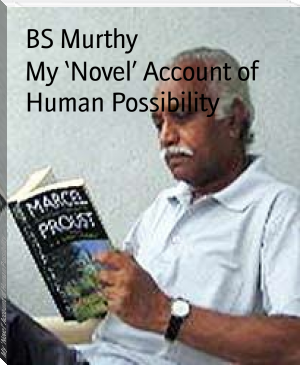Genre Biography & Autobiography. Page - 9

inary. Love soon removed every obstacle, and the two weddings were celebrated the same day: thus my uncle became the husband of my aunt, and their children were doubly cousins german. Before a year was expired, both had the happiness to become fathers, but were soon after obliged to submit to a separation.
My uncle Bernard, who was an engineer, went to serve in the empire and Hungary, under Prince Eugene, and distinguished himself both at the siege and battle of Belgrade. My father, after the birth of my only brother, set off, on recommendation, for Constantinople, and was appointed watchmaker to the Seraglio. During his absence, the beauty, wit, and accomplishments--
[They were too brilliant for her situation, the minister, her father, having bestowed great pains on her education. She was aught drawing, singing, and to play on the theorbo; had learning, and wrote very agreeable verses. The following is an extempore piece which she composed in the absence of her husband and brother, in a convers

blacken his name and secure his removal, instigated a suit against him for having mismanaged an inheritance left to his children by his first wife. The children themselves appeared in his defence, however, and expressed their complete satisfaction with his administration of their property; and the trumped up charge was wholly disproved. But his enemies still wanted to have him removed and, choosing a new method of attack, forwarded a petition to the king in which they claimed that "Master Hans Chrestensen Sthen because of weakness and old age was incompetent to discharge his duties as a pastor", and asked for his removal to the parishes of Tygelse and Klagstrup. Though the king is reported to have granted the petition, other things seem to have intervened to prevent its execution, and the ill-used pastor appears to have remained at Malmø until his death, the date of which is unknown.
Sthen's fame as a poet and hymnwriter rests mainly on two thin volumes of poetry. A Small Handbook, Containi

Franklin's longest work, and yet it is only a fragment. The first part, written as a letter to his son, William Franklin, was not intended for publication; and the composition is more informal and the narrative more personal than in the second part, from 1730 on, which was written with a view to publication. The entire manuscript shows little evidence of revision. In fact, the expression is so homely and natural that his grandson, William Temple Franklin, in editing the work changed some of the phrases because he thought them inelegant and vulgar.
Franklin began the story of his life while on a visit to his friend, Bishop Shipley, at Twyford, in Hampshire, southern England, in 1771. He took the manuscript, completed to 1731, with him when he returned to Philadelphia in 1775. It was left there with his other papers when he went to France in the following year, and disappeared during the confusion incident to the Revolution. Twenty-three pages of closely written manuscript fell into the hands of Abel Jam

onderful world of ours. If this internalmolten mass came bursting out and cooled veryquickly it became granite; less quickly copper,less quickly silver, less quickly gold, and, aftergold, diamonds were made.
Said the old priest, ``A diamond is a congealeddrop of sunlight.'' Now that is literally scientificallytrue, that a diamond is an actual depositof carbon from the sun. The old priest told AliHafed that if he had one diamond the size ofhis thumb he could purchase the county, and ifhe had a mine of diamonds he could place hischildren upon thrones through the influence oftheir great wealth.
Ali Hafed heard all about diamonds, how muchthey were worth, and went to his bed that nighta poor man. He had not lost anything, but hewas poor because he was discontented, anddiscontented because he feared he was poor. Hesaid, ``I want a mine of diamonds,'' and he layawake all night.
Early in the morning he sought out the priest.I know by experience that a priest is very crosswhen awake

is family, which give charming and vivid accounts of these trips.
My Grandmother Keller was a daughter of one of Lafayette's aides, Alexander Moore, and granddaughter of Alexander Spotswood, an early Colonial Governor of Virginia. She was also second cousin to Robert E. Lee.
My father, Arthur H. Keller, was a captain in the Confederate Army, and my mother, Kate Adams, was his second wife and many years younger. Her grandfather, Benjamin Adams, married Susanna E. Goodhue, and lived in Newbury, Massachusetts, for many years. Their son, Charles Adams, was born in Newburyport, Massachusetts, and moved to Helena, Arkansas. When the Civil War broke out, he fought on the side of the South and became a brigadier-general. He married Lucy Helen Everett, who belonged to the same family of Everetts as Edward Everett and Dr. Edward Everett Hale. After the war was over the family moved to Memphis, Tennessee.
I lived, up to the time of the illness that deprived me of my sight and hearing, in a tiny hous

, if not before. It is said thatDeucalion and Pyrrha created men by throwing stones over their headsbehind them:--
Inde genus durum sumus, experiensque laborum,
Et documenta damus qua simus origine nati.
Or, as Raleigh rhymes it in his sonorous way,--
"From thence our kind hard-hearted is, enduring pain and care,Approving that our bodies of a stony nature are."
So much for a blind obedience to a blundering oracle, throwing thestones over their heads behind them, and not seeing where they fell.
Most men, even in this comparatively free country, through mereignorance and mistake, are so occupied with the factitious cares andsuperfluously coarse labors of life that its finer fruits cannot beplucked by them. Their fingers, from excessive toil, are too clumsyand tremble too much for that. Actually, the laboring man has notleisure for a true integrity day by day; he cannot afford to sustainthe manliest relations to men; his labor would be depreciated in thema

ount. He thought so little about it that he overlooked any mention to the family. Much later he was questioned by my youngest brother Bishnu, who noticed the large deposit on a bank statement.
"Why be elated by material profit?" Father replied. "The one who pursues a goal of evenmindedness is neither jubilant with gain nor depressed by loss. He knows that man arrives penniless in this world, and departs without a single rupee."
[Illustration: MY FATHER, Bhagabati Charan Ghosh, A Disciple of Lahiri Mahasaya--see father1.jpg]
Early in their married life, my parents became disciples of a great master, Lahiri Mahasaya of Benares. This contact strengthened Father's naturally ascetical temperament. Mother made a remarkable admission to my eldest sister Roma: "Your father and myself live together as man and wife only once a year, for the purpose of having children."
Father first met Lahiri Mahasaya through Abinash Babu, {FN1-8} an employee in the Gorakhpur office of the Bengal-Nagpur Rail

This is a book about being submitted to anyone else, parents, partners, sisters etc. It's also the social standard based on how I myself grew up. So far there is only one chapter, but I will be adding as I go. So please, if you enjoy the short content already in here, like and follow for further updates.

